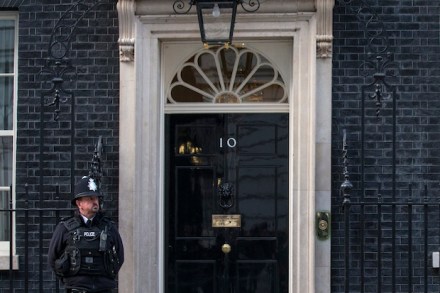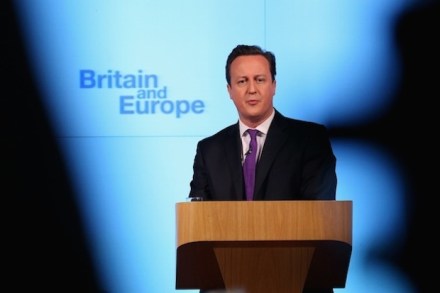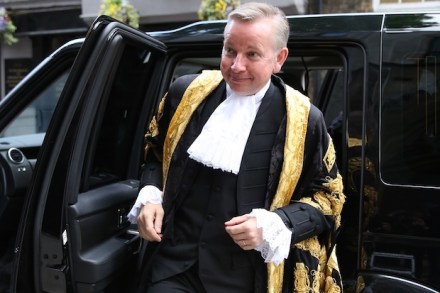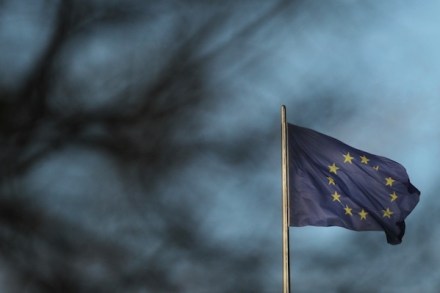What to expect in today’s Queen’s Speech
The new parliament officially begins with the grand State Opening of Parliament ceremony today. The Queen will deliver the first Conservative Queen’s Speech in 19 years this morning, outlining the topics her government intends to legislate on over the next year. Plenty of details have appeared in the press already, with numerous reports suggesting that it will be ‘one-nation’ speech, with a blue-collar tinge. But what will actually be in the speech, and what’s expected to be missing? EU referendum: as per the Conservative manifesto, the government is likely to introduce a bill for a referendum on Britain’s EU membership (again) — to take place before the end of 2017. Numerous reports have suggested that




















